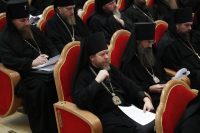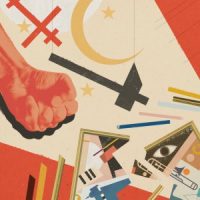
Putin’s Nightmare: The Ballot Box
On Sept. 8, Russians will vote in municipal and regional elections, and the authorities are afraid. Not of any foreign power’s interference in Russia’s elections — there have been no fair elections in decades — but of Russia’s own people and opposition candidates, who are far more popular than the official nominees.
Moscow’s old bag of electoral tricks survives — for example, moving elections from December to early September so that summer vacations would leave challengers little time to organize. The authorities have resorted to new tricks too, like clogging the electoral system with fake candidates and putting party loyalists on the ballot as independent candidates.… Seguir leyendo »





